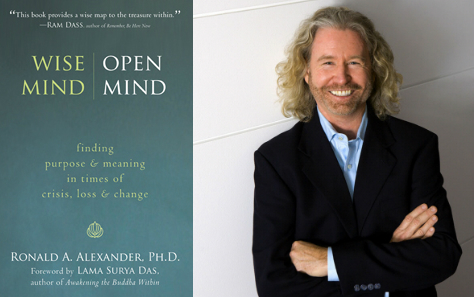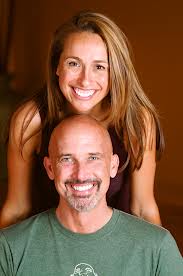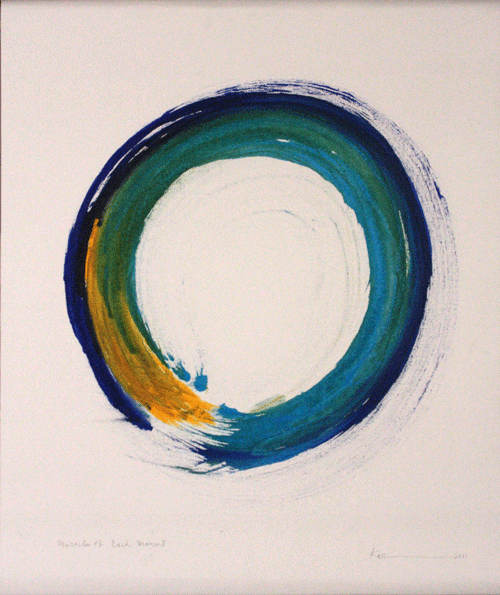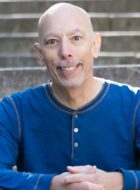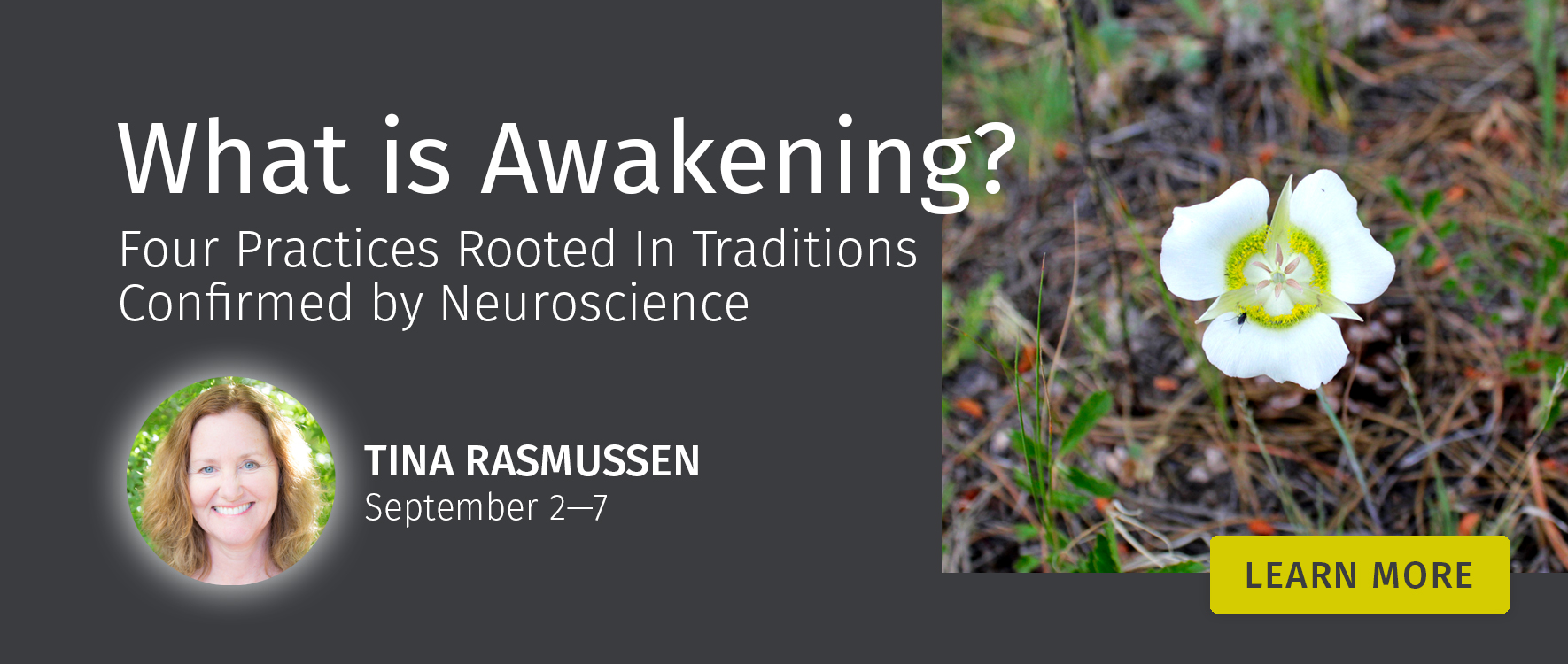Free Your Genius From Myth
It has been said of Vincent Van Gogh, Ernest Hemingway, Sylvia Plath, John Nash, Franz Kafka, Rothko, Jackson Pollock, Michael Jackson, Nick Cave, Kurt Cobain, Billy Stayhorn, Billie Holiday, Roman Polanski, Marlon Brando, Winston Churchill, Caravaggio, Leonardo da Vinci, Michelangelo, Tchaikovsky, Dostoevsky, Tolstoy, well…anyone famous and Russian. The myth of the Tortured Genius dates back to the ancient Greeks who attributed to the god Dionysus the realms of music, wine, inspiration and madness.
Dr. Ronald Alexander sees it differently.
“The idea of the Tortured Genius is both a reality and a perpetuated myth.” He points out that the lives of many accomplished and inspired individuals, like those listed above, were afflicted with mood disorders. Depression and bipolar disorder, usually. Most of them suffered at a time when psychology was ill-equipped to address their needs, and society had little understanding of how the mind and body work together to create a personal experience. But it is important to separate the myth, and its false perceptions, from the reality.
The myth was that people believed the extreme moods, behavior and general affect were the source of a person’s creativity. Without suffering, there would be no inspiration. But in 1974, Dr. Alexander was doing clinical work in Hollywood, California. He introduced meditation and other mindfulness practices to patients who often came from creative industries: the recording industry, the film industry, fashion and media. And what he witnessed when his creatively inclined patients gained the evenness of mind from regular contemplative practice was that they could “dig deeper and more regularly” into the creative state of mind.
So much for the myth of the tortured genius. The reality is: Rather than lose one’s creativity, a regular practice of opening the mind and grounding personal experience reveals that one’s creativity is never conditional. This rang true with Dr. Alexander’s experience too. His father was bipolar, and he suffered from bouts of depression. At 20 years of age, he began to meditate. At 23, he went to see Chögyam Trungpa Rinpoche. Nowadays, he maintains a practice grounded in Zen, Dzogchen and Vipassana, which he finds especially helpful for unblocking his own creative obstacles.
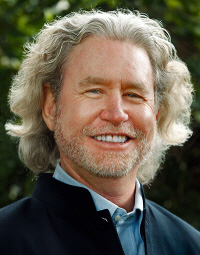
Creativity is not the sole property of the famous artist. In every life circumstance, there is the opportunity to open up and receive the wisdom and the joy contained in the present moment. Whether you work in the arts, play with art, or want to live your life artfully, the conditions required to do so are, in fact, unconditional.

